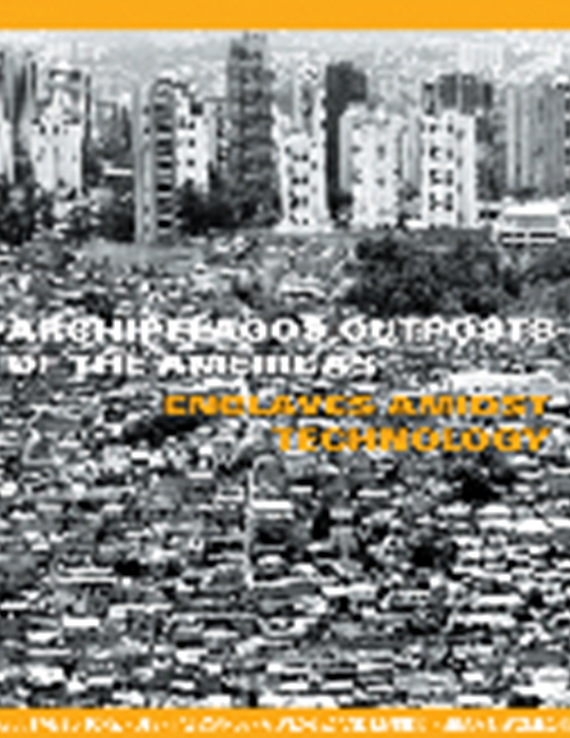Author(s): Mark L. Gillem
Wars and rumors of wars make it clear that the U.S. military is a driving force in this era of American empire. Given this empire’s global reach, what are its local impacts? For members of the armed forces not only implement multinational and increasingly unilateral political agendas, but they also export their socio-cultural practices to their host countries. From the Persian Gulf to the Republic of Korea, U.S. troops are serving in more than 100 countries as “liberators,” “peacekeepers,” and “nation-builders.” With these occupations come unfortunate local consequences. Actions, regardless of the intent, can have unintended impacts. Crime and contamination are the most obvious and well publicized. But, as the largest institutional builder in the world, with an annual construction budget exceeding $10 billion, the planning and architecture of these bases are little studied examples of empire’s impact. These bases consume vast amounts of land and follow a sprawling pattern of development, replete with low densities, isolated and single-use buildings, and auto-dependency. While scholars have studied the social and economic impacts of U.S. military installations overseas, no studies have documented the socio-spatial production of these bases. How are these bases produced? What can we learn about America by the way it builds its outposts and what does this tell us about the locations in which these outposts are built? In this paper, I will locate the military project in this era of empire then examine ways that planning and design practices, institutional policies, and actual projects have contributed to the creation of America Towns scattered across the globe. Using U.S. military bases in Japan, Korea and Italy as case study sites, this paper reveals that underlying superficial attempts at architectural compatibility are policies of fear and desires for identity that drastically increase the economic, cultural, and political costs of empire’s reach.
Volume Editors
Marilys R. Nepomechie & Robert Gonzalez
ISBN
0-935502-54-8

 Study Architecture
Study Architecture  ProPEL
ProPEL 
